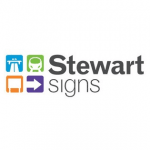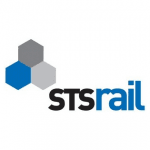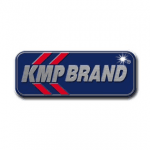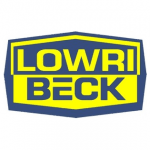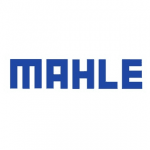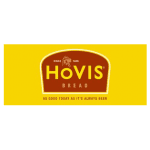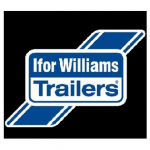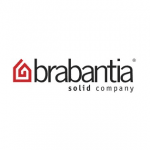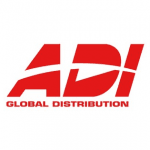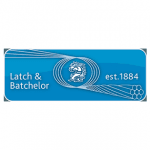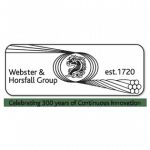PayPoint Limited
PayPoint Limited is one of the UK’s leading premier branded retail networks for the easy local payment of household bills, mobile top ups and in their latest venture, the convenient withdrawal of cash from instore ‘link’ cash machines. PayPoint commenced trading in 1996 and initially collected payments through its network of retail agents for its founder client investors. Some of these investors included British Gas, BBC TV licensing and London Electricity.
Since these humble beginnings PayPoint has massively added to its existing customer base and has now grown its retail agency network, developed many new services and now has over 500 clients. These latter developments have seen PayPoint develop strong client relationships with many of the UK and Irelands major energy, cable and telephony companies. This client list also extends to numerous water companies, local authorities (for rents and council taxes.) PayPoint’s clients pay fees for each collected payment and for the last financial year the company processed over 259 million payments, with an approximate value of £2.9 billion.
The Challenge PayPoint have approximately 17,000 outlets using their payment collection systems. These include around 14,000 retail agents with dedicated PayPoint terminals and 4,800 outlets with connections to PayPoint systems. Pre Portech solution, PayPoint collected their data via a variety of manual means including mainly paper based formats such as A4 questionnaires (with tick boxes) and then followed by the manual input of data. Manual analysis followed this before results could be reported back to the relevant departments and sometimes this could take up to 10 days from the initial data collection.
Problems associated with these methods included:
1. Delay in the collection of data which eventually became out dated.
2. Issues related to storage and handling of large volume of paper based forms.
3. Human errors due to unrecognisable handwriting and typing errors.
4. Duplicate work procedure due to re- entry of data.
The call planner software impressively schedules jobs automatically focusing on user based parameters. At the start of the day the start time and mileage is entered and confirmed. The calls can be sorted by name, post code and even due date within the post code. When a call type is selected the app determines the form to be completed or the Field Service Executive (FSE) is presented with a list of all forms available. An option is also available to show all completed but not closed jobs, allowing the FSE to return at a later date fulfilling the objective of the call. Once loaded onto the device the field personnel can then upload the information remotely (from home) outlining their days activity and events. Data is transmitted from the device in real time over the 4G network and any updates from head office are also downloaded during the session. Signatures are instant as customers can now sign directly onto the PDA doing away with pre-historic paper based formats also dates and times are now an accurate reflections of the day’s events.
There is no longer an issue with any missing or irretrievable data/documentation as now everything is recorded and then stored electronically.
Other benefits have included:
1. Recording of business development prospects.
2. More efficient time and territory management (sales and drive time).
3. Stock management (volume and value of stock).
4. Mileage and expense monitoring.
5. Mobile customer detail database.
6. Accurate Data entry
7. Reduction in time of gathered data being transformed to business management information.
In Conclusion Portech has implemented a bespoke mobile software solution for PayPoint that has completely re invented the way in which the company works.
Simon Watts at PayPoint comments, ‘Portech did a fantastic job with a second to none service. The guys are approachable and adapt to change, ensuring complete customer satisfaction.’ adding Portech are good partners to have on board.’
By utilising the benefits of a mobile computer system many of their paper based systems are a thing of the past. FSE’s are now more productive and reporting and analysing data has been made simpler via the electronic format.











